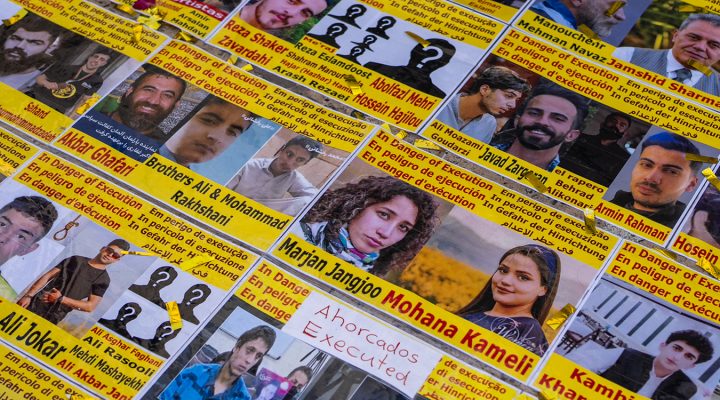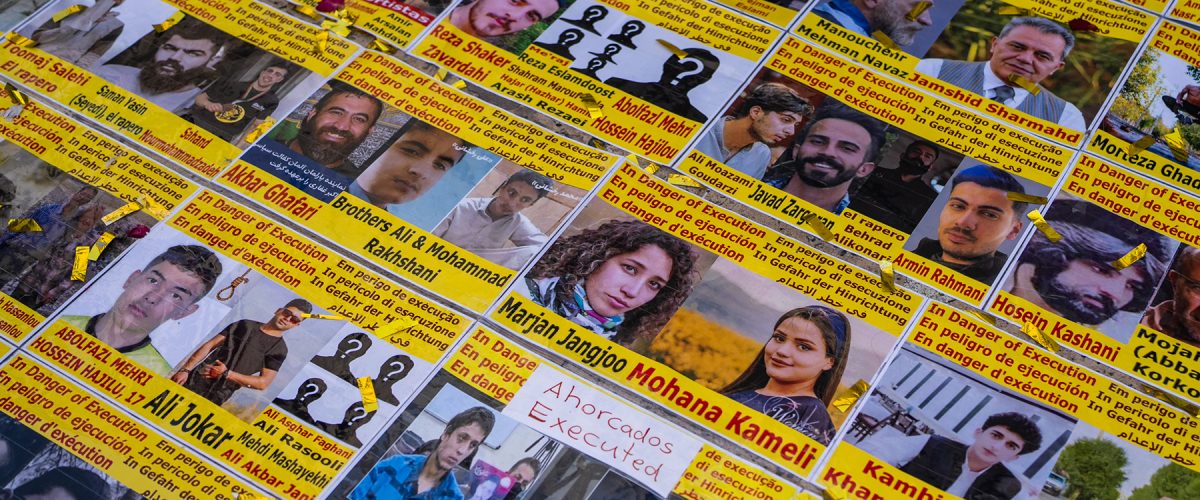Special attention must be paid to the plight of women and girls in addressing religious freedom violations around the world, Nazila Ghanea said during a panel discussion hosted by the U.S. Commission on International Religious Freedom.
“Now, you might think this is unnecessary since, like other human rights, freedom of religion or belief pertains to everyone, and ‘everyone’ includes women and girls. Yet, we do need to spell it out,” said Ghanea, special rapporteur on freedom of religion or belief with the United Nations.
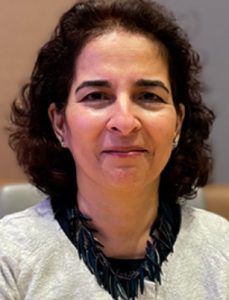
Nazila Ghanea
The reality is personal status laws in some countries that regulate rights to marry, to enter into interfaith marriages, to divorce and to win custody of children affect women in disproportionately harsher ways than men, she explained. “If we look at freedom of religion or belief in terms of the right to have, adopt and change religion or belief, or the right to be able to manifest religion or belief including with others and in public, we find that women are often absent.”
In many cases, women and girls are more easily targeted for faith-based harassment and discrimination because they stand out when wearing special headdress or clothing — or not wearing those items in cultures where they are normative or mandated.
“As a result of that, we also find in mass atrocities that sexual violence is used against women and girls belonging to religious minorities,” Ghanea said.
USCIRF livestreamed the in-person discussion from Capitol Hill to draw attention to the unique challenges and contributions of women and girls in the realm of religious freedom and belief worldwide.
“Women face compound persecution and distinctive barriers on account of their religious beliefs or non-belief and their gender,” moderator and USCIRF Commissioner Susie Gelman explained. “Yet, women have also taken actions to challenge persecution and tear down these barriers. Women are not merely victims, they are courageous champions who exhibit creativity, resilience, courage, ingenuity and wisdom.”
“Women are not merely victims, they are courageous champions who exhibit creativity, resilience, courage, ingenuity and wisdom.”
Exploring the topic is important because freedoms of religion and belief — which USCIRF shortens to FoRB — are intimately linked to the presence or absence of other rights, such as freedom of worship, expression, assembly and dissent, among others, she said.
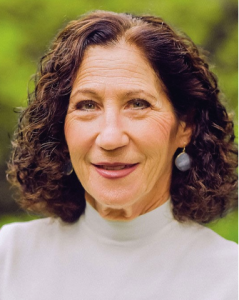
Suzie Gelman
“FoRB also plays a pivotal role in empowering women and advancing gender equality by protecting religious belief and practice as an individual choice upon which governments cannot infringe,” Gelman said. “As such, it is an essential tool to help women and girls overcome systemic barriers to the equal protection of their freedom. They also include limitations on women’s and girls’ access to education, employment, health care and political participation.”
Females comprise more than half the world’s population, much of which lives in nations with restrictive policies and practices around religious liberty.
“Second, governments and societal actors seeking to maintain or acquire power through force understand the influence of women and girls in shaping their communities’ past, present and future,” Gelman said. “They thus use any and all tools available to marginalize women and girls, especially those belonging to religious minority communities.”
Nations like China and Iran are among the most notorious for denying faith freedoms to religious minorities and notably to women for the way they dress, wear their hair or educate their children, she continued.
“Governmental interference in women’s religious freedom is systematic, ongoing and often egregious. Rather than grant women the agency to which they are entitled under international law, many governments instead infantilize women, declaring themselves as superior arbiters of how women teach, work, observe the tenets of their faith, marry, raise their children and live.”
And it’s even worse in areas beset with armed conflict, she added. “For women and girls experiencing the devastation caused by war, genocide or other atrocity crimes and forced displacement, there are even more barriers in the way of achieving their rights and empowerment, putting them at even greater risk for persecution.”
Despite those challenges, it is often the women in minority religious groups who stand up for justice on the behalf of their communities, Ghanea said. “Women and girls are often spearheading cultural life and the rights of religious or belief communities around the world and they are central to initiatives at the grassroots to peacemaking, to building bridges between communities and to showing empathy regarding the rights of others.”
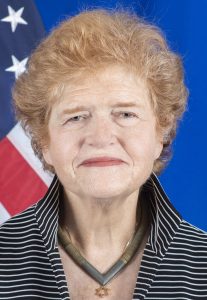
Deborah Lipstadt
The pain of religiously motivated discrimination persecution is compounded when antisemitism and islamophobia are involved, said Deborah Lipstadt, the U.S. State Department’s special envoy to monitor and combat antisemitism.
“It’s a great concern for those of us who deal with the antisemitism and certainly anti-Muslim hatred we’ve seen in certain societies against women who are more vulnerable. And we’ve seen that in some horrific examples.”
In Iran, “women who had the nerve to show a little bit of hair on their face have suffered terribly,” as have Jewish, Christian and Muslim women raped during the ongoing war between Hamas and Israel in the Gaza Strip, Lipstadt said.
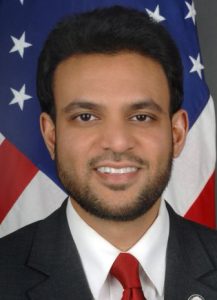
Rashad Hussain
The oppression of women of faith is intensifying, said Rashad Hussain, ambassador-at-large with the U.S. Office of International Freedom.
“We already see significant inequity in so many different contexts against women. And when you add the layer of antisemitism, Islamophobia or other forms of discrimination or hatred, you are simply compounding those types of inequities and making the situation much worse, whether that’s in peaceful times or in areas of conflict where we know that women and children often bear an even more significant brunt of the harm.”
And the United States is no exception, Hussain said. “One of the most obvious points is that while I may walk into a restaurant or a sporting event or an airport, people may not be able to immediately guess or recognize me as a Muslim. But for many Muslim women, particularly those who wear the hijab, they’re very visibly Muslim and that can impact them in a number of contexts.”
The consequences of that visibility can include discrimination in housing and employment, he said. “The person who’s interviewing you may not have that bias, but they may start thinking, well, what are other people going to say? If there’s a woman who’s applying to be a waitress, what are the customers going to say?”
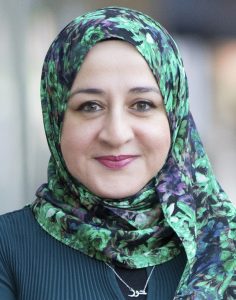
Hurunnessa Fariad
Hurunnessa Fariad, director of outreach with the Multi-Faith Neighbors Network, said she has experienced such scrutiny in the U.S., including when boarding commercial flights.
“I can feel the tension the minute I get into that business class area,” she said. “So, I start speaking English loudly because I know that will deflate the tension on the airplane. It’s unfortunate that I have to do that, but it makes me feel a bit safer.”
Fariad said it is up to her and other women of faith to push back against religious stereotypes. “You have to be really confident within yourself to be able to stand up and have conversations with people and talk about who you are and what it is you stand for.”

